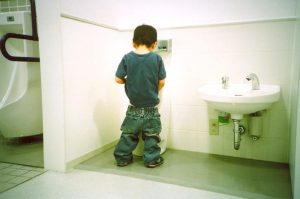Some age related changes such as wrinkles and gray hair are obvious but others happen inside the body hence not easily noticeable. Understanding these changes will help you to know how to cope with your aging body. A common concern among aging people is why they experience an increased urinary frequency.
Reasons of Increased Urinary Frequency
The renal or urinary system is composed of the kidneys, ureters and the bladder. Its main function is to expel body waste and fluid by filtering blood and getting rid of the waste as urine. The bladder stores the urine until a person urinates.
Aging
With age, the bladder becomes less elastic which reduces it capacity. The bladder muscles continually become weaker making it difficult to contract hard enough in order to expel all the urine. This means some of it is left behind each time a person urinates which is one of the reasons why an older person urinates more often.
Secondly, the signal of wanting to urinate is delayed in an older person. Usually, when the bladder is full, a signal is sent to the brain making one to feel like urinating. In aging people, this signal is delayed such that when a person feels like urinating, the need is more sudden.
Reproductive or Genital System Changes
Changes that occur in the reproductive or genital system also affects urinary frequency. The pelvic muscles get weak with age. Childbirth is a major contributor to this weakness. The pelvic muscles can sometimes become too weak making the urethra and bladder to prolapse. This results to older women becoming incontinent or losing their urinary control.
BPH (Benign Prostatic Hyperplasia)
In men, urine flow can be blocked by enlarged prostate a condition known as BPH (benign prostatic hyperplasia) which is common among aging men. This condition makes starting to urinate difficult, dribbling of urine or a faded urine stream. Large prostate also causes unfinished expulsion of urine leading to increased urinary frequency.
Related Products



Leave a Reply